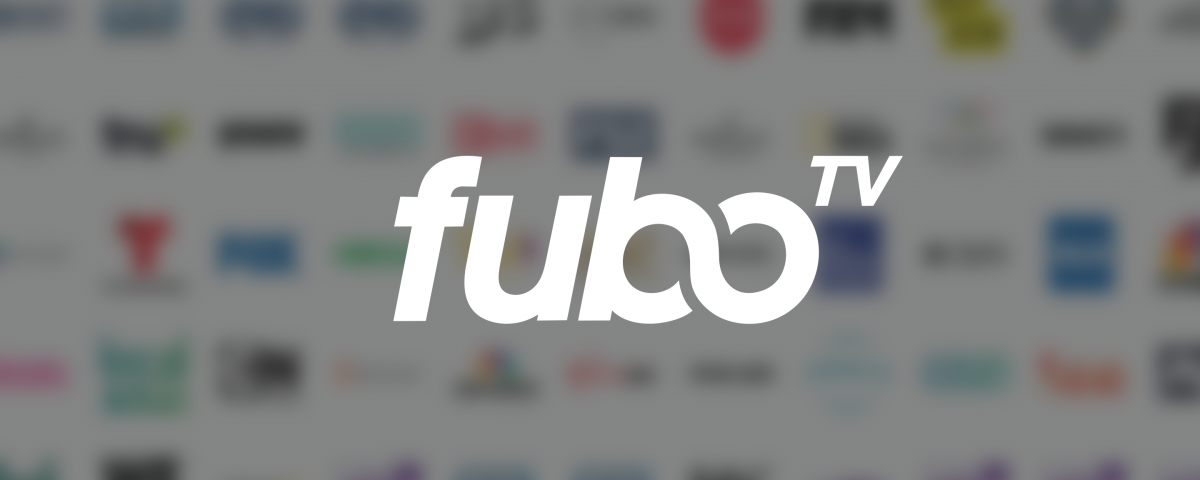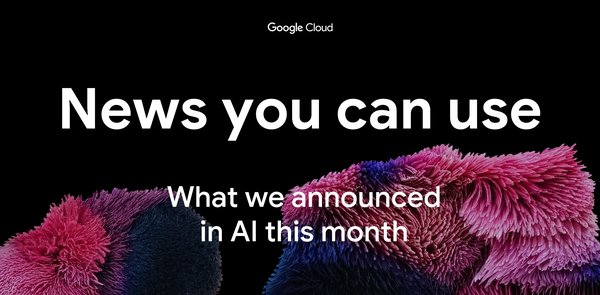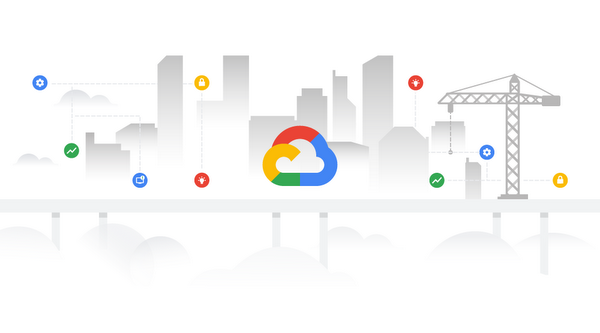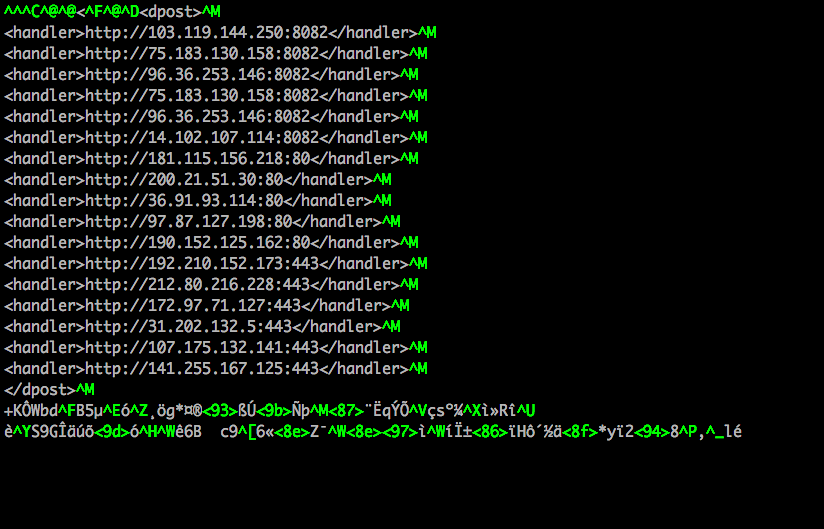Twenty years ago, if you would’ve told me that I’d watch my favorite soccer team (Manchester United) on a mobile phone from the comfort of my backyard, in a taxi or at the airport, I probably would’ve laughed and brushed the notion off as science fiction. It wasn’t that long ago when watching a sporting event was confined to either the stadium or sitting in the family room in front of a television.
Now, of course, viewers can tune into games, news, television shows, movies and more–not only on their mobile phones, but across practically every connected screen. Our expectations have changed to the point that buffering, slow load times and pixelated images simply won’t be tolerated. Providers like fuboTV, a streaming service that offers live and video-on demand (VOD) content to around 250,000 monthly subscribers in the U.S., know this better than anyone.
Initially launching with live sports content in 2015, fuboTV expanded to stream television shows, movies, news and more in 2017, and today is a complete cable TV replacement product for the entire family. As it broadened its offerings, fuboTV needed a partner that could ensure subscribers enjoyed an optimal streaming experience while also being well-positioned for continued future growth. fuboTV chose Google Cloud to build out its OTT platform–a platform that now comprises 100+ national live television channels, over 560 local channels and thousands of on-demand titles.
For the past two years, fuboTV’s streaming video distribution supply chain has sat within Google Cloud Platform (GCP). Cloud Storage ingests and stores video assets, with flexible storage solutions for varying video workflows, and Compute Engine supports video processing. To ensure subscribers have the best possible viewing experience, fuboTV leverages Google Cloud’s Stackdriver, which can diagnose problems with real-time access logs and can gauge incoming traffic flows.
Having insights into how viewers consume content is essential, too, helping to influence critical business decisions, such as what promotions to run, what content to suggest and even what region to enter next (hint: it was Spain). Using BigQuery, fuboTV can gain insights into viewership and video downtime, to scale up with viewer spikes and ramp down for cost savings. Additionally, BigQuery effortlessly integrates into fuboTV’s proprietary visualization dashboard that also includes fuboTV’s own customized streaming metrics, ultimately providing a holistic view of the entire streaming ecosystem.
After ingesting video into GCP, fuboTV also relies on the open-source flexibility of Google Kubernetes Engine to operate seamlessly with high availability and scale as demand fluctuates to get their content in the hands of customers, fast.
Geir Magnusson Jr., CTO at fuboTV, recently shared, “Google Cloud has helped us build a stable, cloud-native streaming service from the ground up, in less than two years. This team has truly understood our needs as a startup to work nimbly, swiftly and cost-efficiently. As we continue to reach new viewers around the world and evolve our service to anticipate their demands, we know can depend on Google Cloud to help us have a solid, state-of-the-art offering.”
While working with us, fuboTV launched a 4K HDR feature in beta and experienced 100 percent growth YoY. We look forward to helping fuboTV scale with new content, add new features to its platform and expand its business in the months and years to come. Learn more about how we collaborate with content providers for better viewing experiences on our website.




